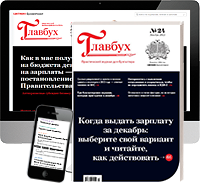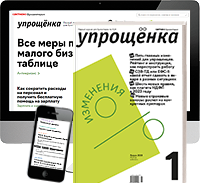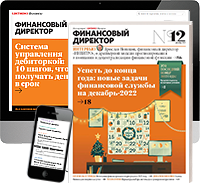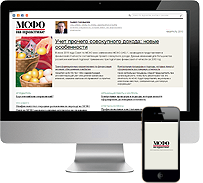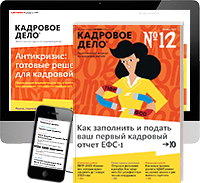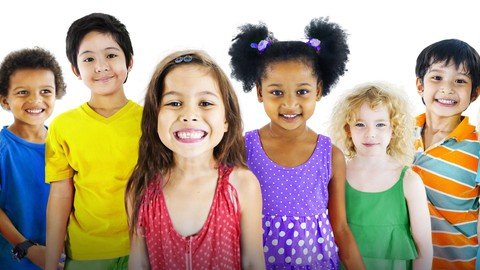
Published 10/2023
MP4 | Video: h264, 1920x1080 | Audio: AAC, 44.1 KHz
Language: English | Size: 6.27 GB | Duration: 4h 16m
Physical, Cognitive and Psychosocial Development in Infants, Toddlers, Early Childhood, Middle Childhood, and Adolescent
What you'll learn
Major theoretical perspectives that describe development from conception through adolescence.
Contributions of Erikson, Freud, Piaget, and Vygotsky in the understanding of child development.
The effects of nature and nurture on the development of the child.
Examine and analyze stages of development to merge them with the domains of development.
Identify and discuss some of the cultural, cross-cultural, and subcultural factors involved in human development.
Requirements
No prerequisites.
No specific softwares, or additional outside materials needed.
Description
The science of early childhood is a source of new ideas that could be used to develop more effective policies & services focused on the early years of life. Child Development is the scientific study of processes of change and stability in human children.Science tells us that early childhood is a time of both great promise and considerable risk. Having responsive relationships with adults, growth-promoting experiences, and healthy environments for all young children helps build sturdy brain architecture and the foundations of resilience.In my lectures for this course, I will review the Five Periods of Child Development:· Prenatal Development (conception through birth)· Infancy and Toddlerhood (birth through to age 3)· Early Childhood (3 to 6 years)· Middle Childhood (6 to 11 years)· Adolescence (11 years to about 20)Course Description: This course will study human development from conception through adolescence. It will focus on the theories of physical, cognitive, social, and emotional growth along with research methodologies in child development. Hereditary and environmental influences are explored.Student Learning Outcomes - Upon successful completion of this course, the student will:1. Discuss, compare, and contrast each of the major theoretical perspectives that describe development from conception through adolescence.2. Discuss the contributions of Erikson, Freud, Piaget, and Vygotsky in the understanding of child development.3. Describe language development through infancy, toddlerhood, and childhood.4. Explain the effects of nature and nurture on the development of the child.5. Examine and analyze stages of development to merge them with the domains of development.6. Identify and discuss some of the cultural, cross-cultural, and subcultural factors involved in human development.
Overview
Section 1: Introduction
Lecture 1 Welcome to Child & Adolescent Development
Lecture 2 What is Child Development
Section 2: Perspectives & Research Methods in Psychology
Lecture 3 Perspectives in Psychology - Schools of Thought
Lecture 4 Research Methods in Psychology
Section 3: Conception, Pregnancy and Birth
Lecture 5 Folk Beliefs About Conception and Infertility
Lecture 6 Nature, Nurture & Epigenetics - Influences on Human Development
Lecture 7 Pregnancy and Birth
Section 4: Physical, Cognitive and Psychosocial Development in Infants and Toddlers
Lecture 8 Physical Development Milestones in Infants and Toddlers
Lecture 9 Child Abuse and Maltreatment in Children
Lecture 10 Cognitive Development in Infants and Toddlers
Lecture 11 Emotions and Temperament in Infants and Toddlers
Section 5: Physical, Cognitive and Psychosocial Development in Early Childhood (3-6 y/o)
Lecture 12 Growth Development in Early Childhood
Lecture 13 Sleep Disorders in Children
Lecture 14 Cognitive Development in Early Childhood
Lecture 15 Building Self-Esteem in Children
Lecture 16 Parenting Styles (Best & Worst)
Section 6: Physical, Cognitive and Psychosocial Dev in Middle Childhood and Adolescent
Lecture 17 Physical Development Milestones in Middle Childhood
Lecture 18 Childhood Obesity
Lecture 19 Mental Health Disorders in Childhood
Lecture 20 Psychosocial Development and Peer Influences in Childhood
Lecture 21 Types of ADHD - DSM-5-TR
Section 7: Final Reflection & Certificate of Completion
Lecture 22 A Warm Thank You...
This is the perfect course for anyone interested in learning more about the study of human development, from prenatal development to circumstances of the adolescent. Great for parents, teachers, paraprofessionals, caregivers, and any human service worker.
Screenshots
У вас нет разрешения на просмотр ссылки, пожалуйста Вход или РегистрацияУ вас нет разрешения на просмотр ссылки, пожалуйста Вход или РегистрацияУ вас нет разрешения на просмотр ссылки, пожалуйста Вход или РегистрацияУ вас нет разрешения на просмотр ссылки, пожалуйста Вход или РегистрацияУ вас нет разрешения на просмотр ссылки, пожалуйста Вход или РегистрацияУ вас нет разрешения на просмотр ссылки, пожалуйста Вход или РегистрацияУ вас нет разрешения на просмотр ссылки, пожалуйста Вход или Регистрация
У вас нет разрешения на просмотр ссылки, пожалуйста Вход или РегистрацияУ вас нет разрешения на просмотр ссылки, пожалуйста Вход или РегистрацияУ вас нет разрешения на просмотр ссылки, пожалуйста Вход или РегистрацияУ вас нет разрешения на просмотр ссылки, пожалуйста Вход или РегистрацияУ вас нет разрешения на просмотр ссылки, пожалуйста Вход или РегистрацияУ вас нет разрешения на просмотр ссылки, пожалуйста Вход или РегистрацияУ вас нет разрешения на просмотр ссылки, пожалуйста Вход или Регистрация


